Exploring the Harmonic Tapestry: A Deep Dive into Music of Paraguay
Introduction:
Welcome to our Paraguayan Music Blog, where we embark on a journey through the captivating sounds and rhythms that define the musical landscape of this South American gem. Paraguayan music is a vibrant fusion of indigenous, European, and African influences, creating a unique tapestry that reflects the nation’s rich cultural heritage. In this exploration, we will delve into the various genres, iconic instruments, influential musicians, and the evolving nature of Paraguayan music.
The Heartbeat of Guarania:
At the core of Paraguayan musical expression lies Guarania, a genre that emerged in the mid-20th century thanks to the visionary composer Agustín Barrios, known as Mangoré. Guarania is a deeply emotive and melodic genre, capturing the essence of rural Paraguayan life. Its poignant lyrics, often exploring themes of love, nature, and human experience, are complemented by the haunting sounds of the Paraguayan harp.
The Paraguayan Harp: Strings of Identity:
No exploration of Paraguayan music is complete without acknowledging the central role of the Paraguayan harp. Introduced by Spanish colonizers, the harp underwent a unique evolution in Paraguay, becoming a symbol of national identity. The intricate finger movements and rapid arpeggios characteristic of Paraguayan harp playing add a distinctive and evocative quality to Guarania and other genres.
Polca Paraguaya: A Celebration in Rhythm:
Moving from the reflective tones of Guarania, we encounter the lively and festive rhythms of Polca Paraguaya. Rooted in European polka music, this genre has evolved into a uniquely Paraguayan expression of joy and celebration. With instruments such as the guitar, accordion, and, of course, the harp, Polca Paraguaya is the soundtrack to social gatherings, traditional dances, and the vibrant festivals that punctuate Paraguayan life.
Diverse Folk Traditions:
The musical landscape of Paraguay is not confined to Guarania and Polca Paraguaya; it is a rich tapestry of diverse folk traditions that vary across regions. The galopa, a lively dance style, and the purahéi jahe’o, a form of indigenous singing, showcase the breadth of Paraguay’s cultural mosaic. These regional variations highlight the connection between the music and the diverse landscapes and communities that shape the country.
The Fusion of Past and Present:
As Paraguay embraces the globalized world, its musicians are incorporating international influences into their work. Modern Paraguayan popular music reflects a fusion of Latin American, European, and even North American styles. Artists seamlessly blend elements of rock, pop, and electronic music with traditional Paraguayan sounds, creating a contemporary musical landscape that resonates with diverse audiences.
Storytelling Through Song:
A common thread in Paraguayan music is storytelling. Whether in Guarania or Polca Paraguaya, lyrics often narrate tales of love, longing, and the beauty of the Paraguayan landscapes. These narratives not only entertain but also serve as a means of cultural expression and preservation, educating listeners about the country’s history, traditions, and values.
Musical Maestros: Agustín Barrios and Beyond:
The legacy of Agustín Barrios, Mangoré, looms large in the world of Paraguayan music. His compositions, which skillfully bridge classical and folk traditions, continue to influence classical guitarists globally. Barrios set the stage for future generations of Paraguayan musicians to explore and expand the boundaries of their musical heritage.
Contemporary Voices:
In the contemporary music scene, artists like Los Ojeda and Marcelo Rojas carry the torch forward, offering their unique interpretations of traditional genres. These musicians not only preserve the past but also contribute to the evolution of Paraguayan music, ensuring its relevance in the 21st century. Their work reflects a balance between honoring tradition and pushing the boundaries of innovation.
International Recognition:
Paraguayan music has transcended its borders and gained international recognition. The Paraguayan harp, in particular, has become a symbol of the country’s musical identity and is showcased in various global festivals and competitions. Harpists like Nicolas Carter and Mariano Gonzalez have brought the sounds of Paraguay to audiences around the world, contributing to the global appreciation of the nation’s musical heritage.
Conclusion:
In our exploration of Paraguayan music, we have uncovered a rich and diverse tapestry that weaves together the threads of indigenous, European, and African influences. From the soulful melodies of Guarania to the energetic rhythms of Polca Paraguaya, each genre tells a unique story about the people, landscapes, and history of Paraguay. The Paraguayan harp stands as a symbol of national identity, and musicians, both past and present, have played a crucial role in preserving and evolving the country’s musical heritage. As we celebrate the harmonies and rhythms of Paraguayan music, we recognize its enduring power to captivate hearts and transcend cultural boundaries. Join us in this musical odyssey as we continue to explore and appreciate the beauty of Paraguay’s musical landscape.
Famous Artists:
Paraguay has produced a number of celebrated musicians and artists who have made significant contributions to the country’s musical landscape. Some of the most famous Paraguayan musicians and artists include:
- Agustín Pío Barrios: Agustín Pío Barrios, known as “Mangoré,” is a legendary Paraguayan classical guitarist and composer. His virtuoso guitar performances and compositions have earned him international recognition.
- Los Paraguayos: Los Paraguayos is a renowned folk music ensemble that has popularized Paraguayan music and culture on the global stage.
- Luis Alberto del Paraná: Luis Alberto del Paraná, the leader of Los Paraguayos, was a prominent musician and vocalist who played a crucial role in bringing Paraguayan music to international audiences.
- Félix Pérez Cardozo: Félix Pérez Cardozo was a virtuoso harpist and composer known for his mastery of the Paraguayan harp and his contributions to Guarani music.


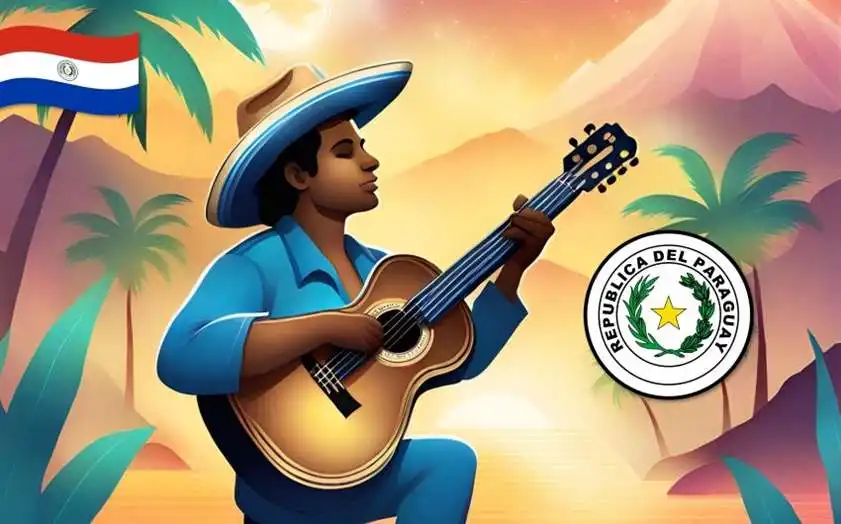
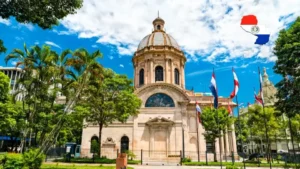
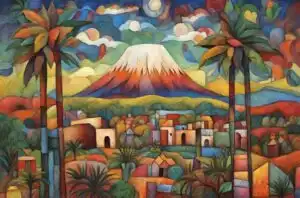
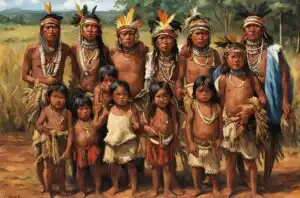
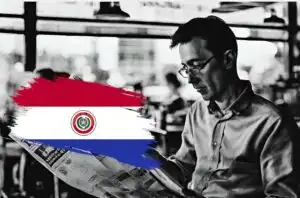
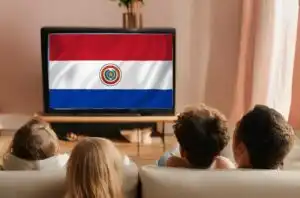
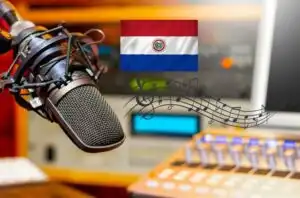
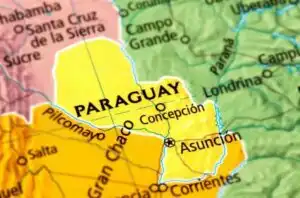
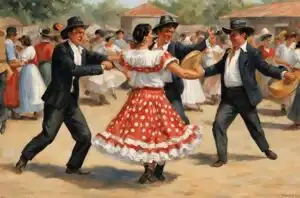
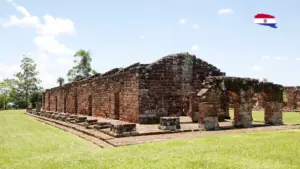
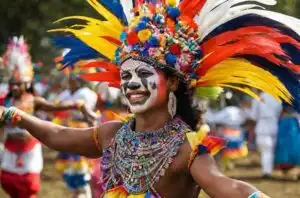
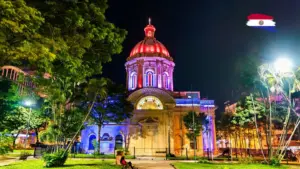
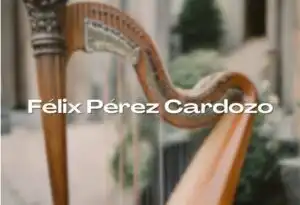
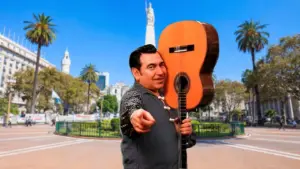
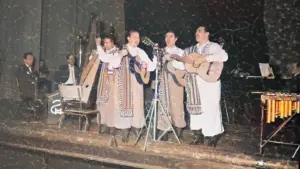
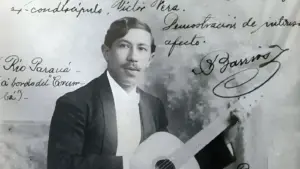
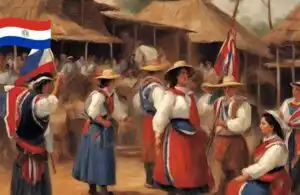
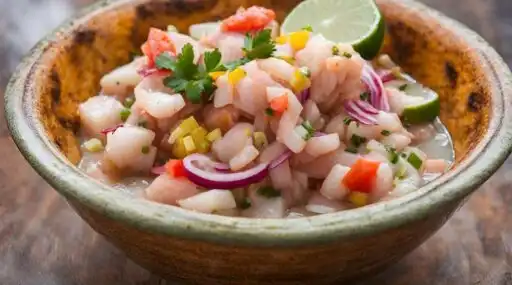
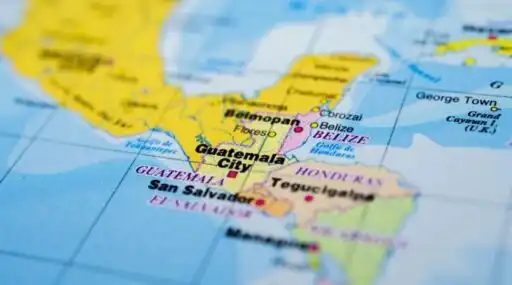

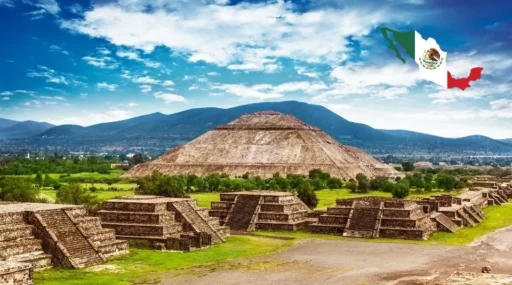
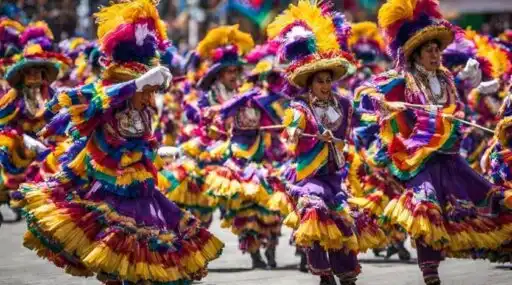
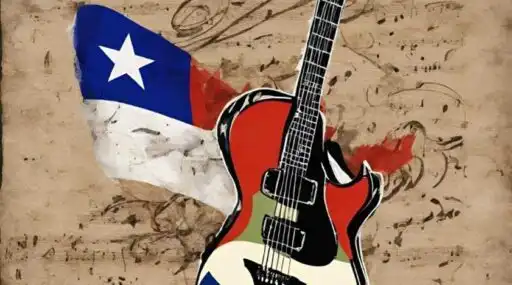
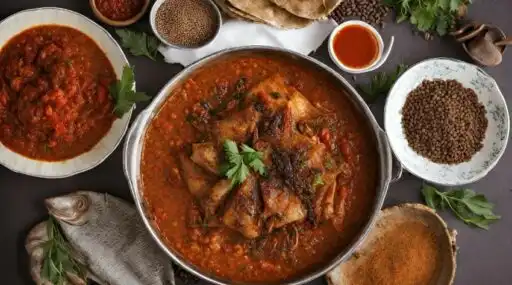
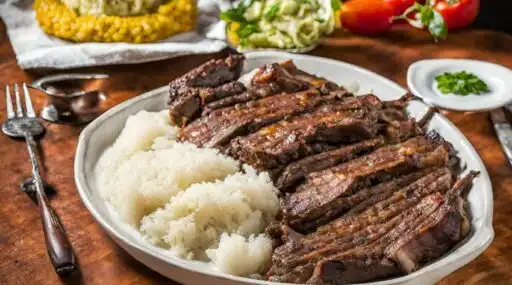
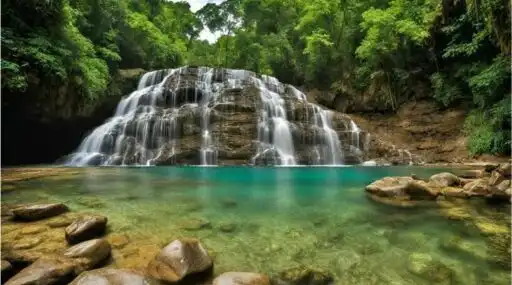

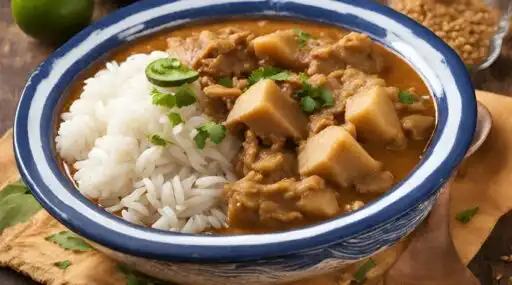

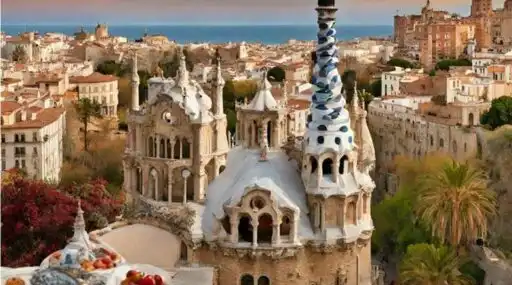
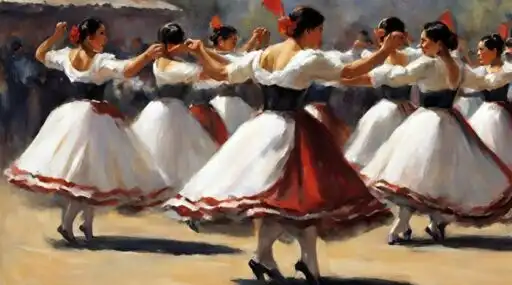
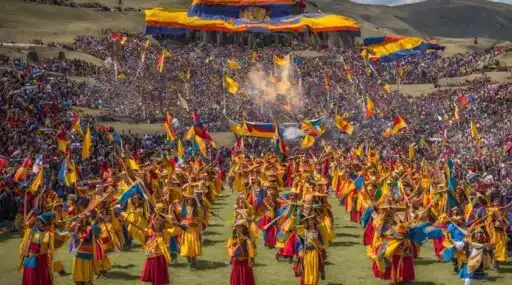
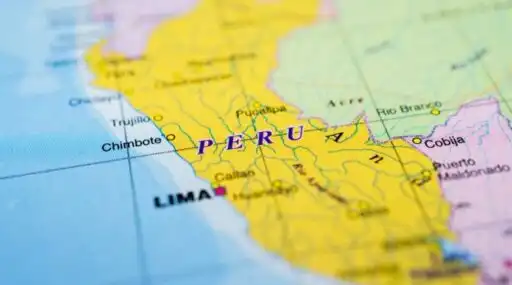
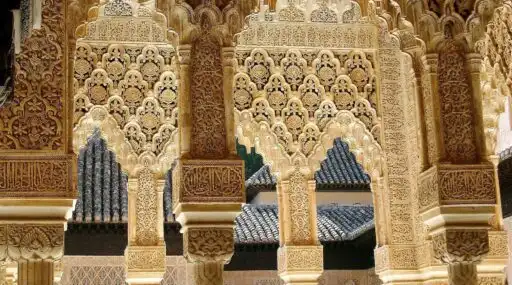
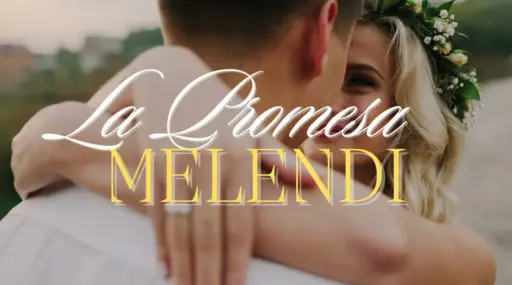
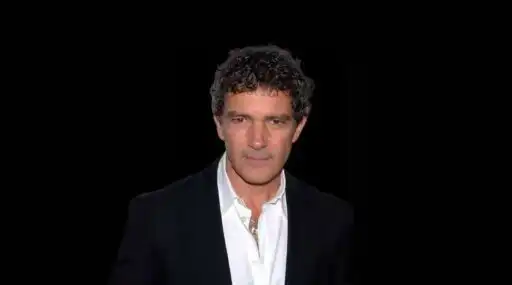


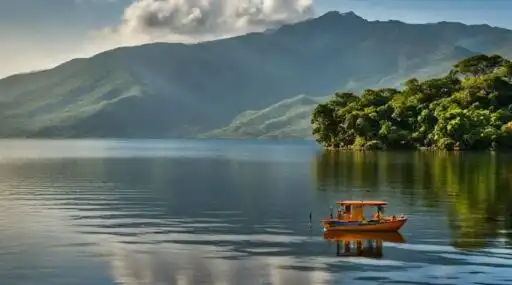

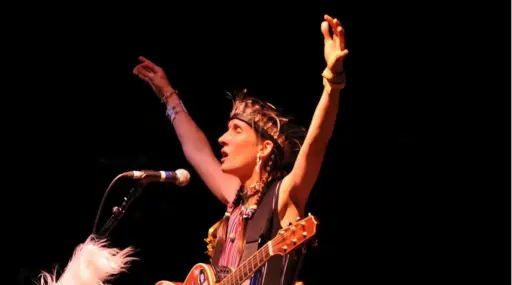
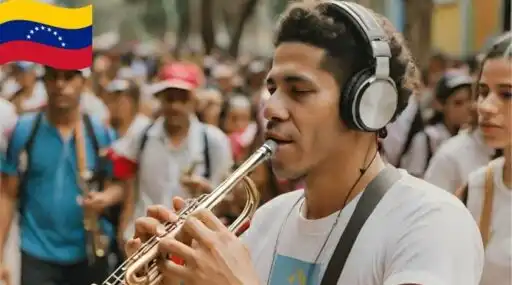
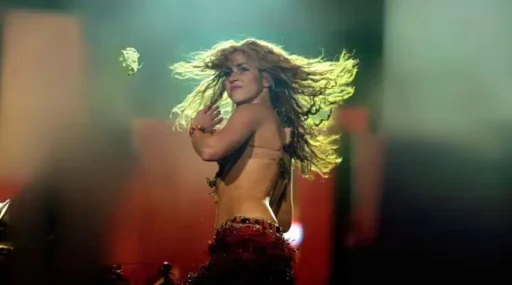
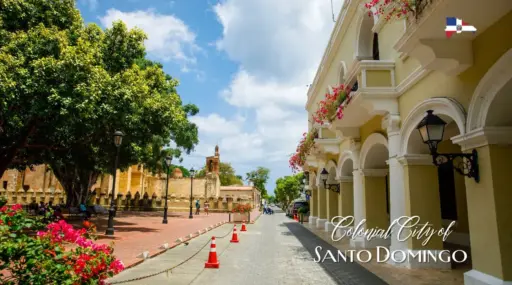
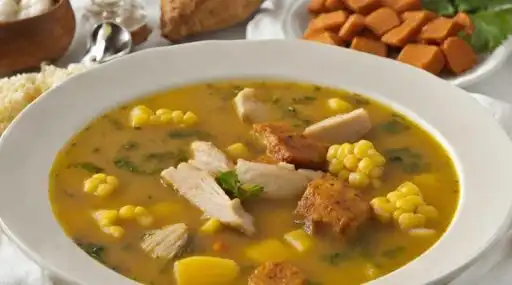
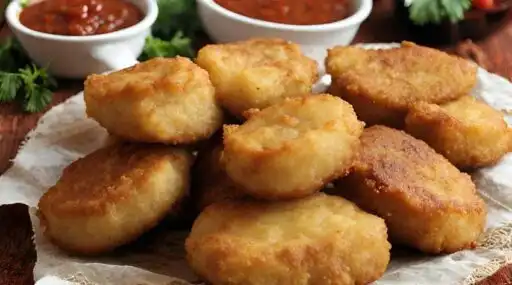
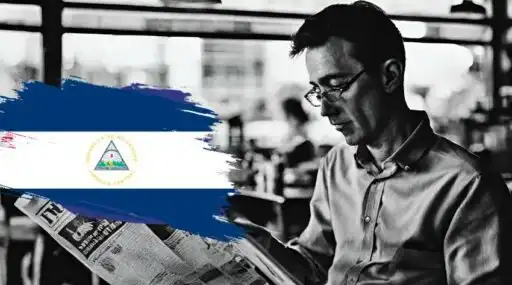
Leave a Reply